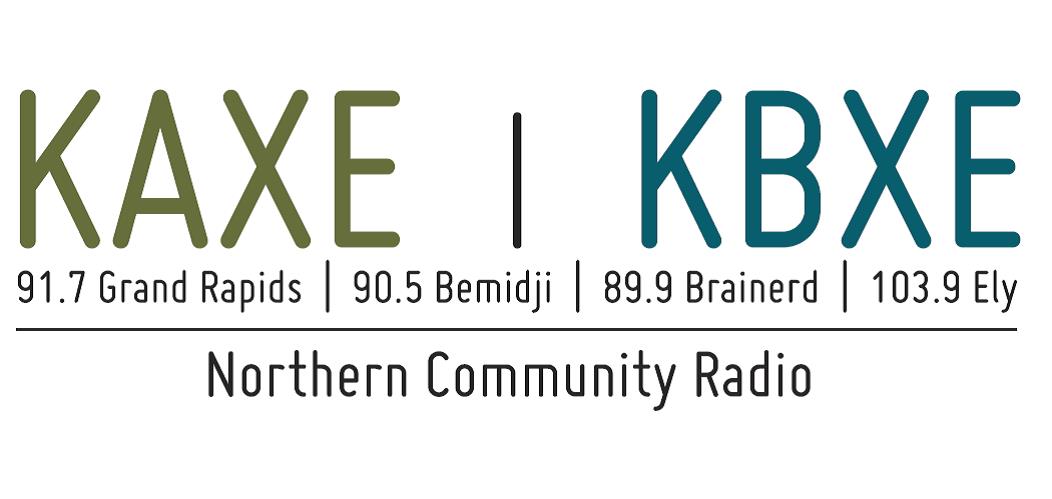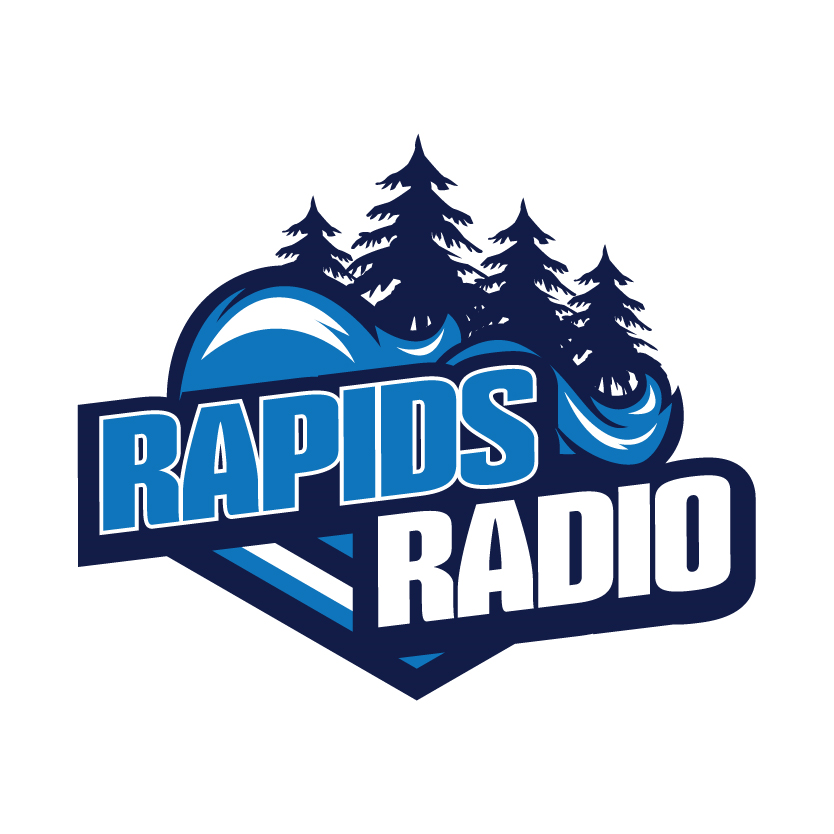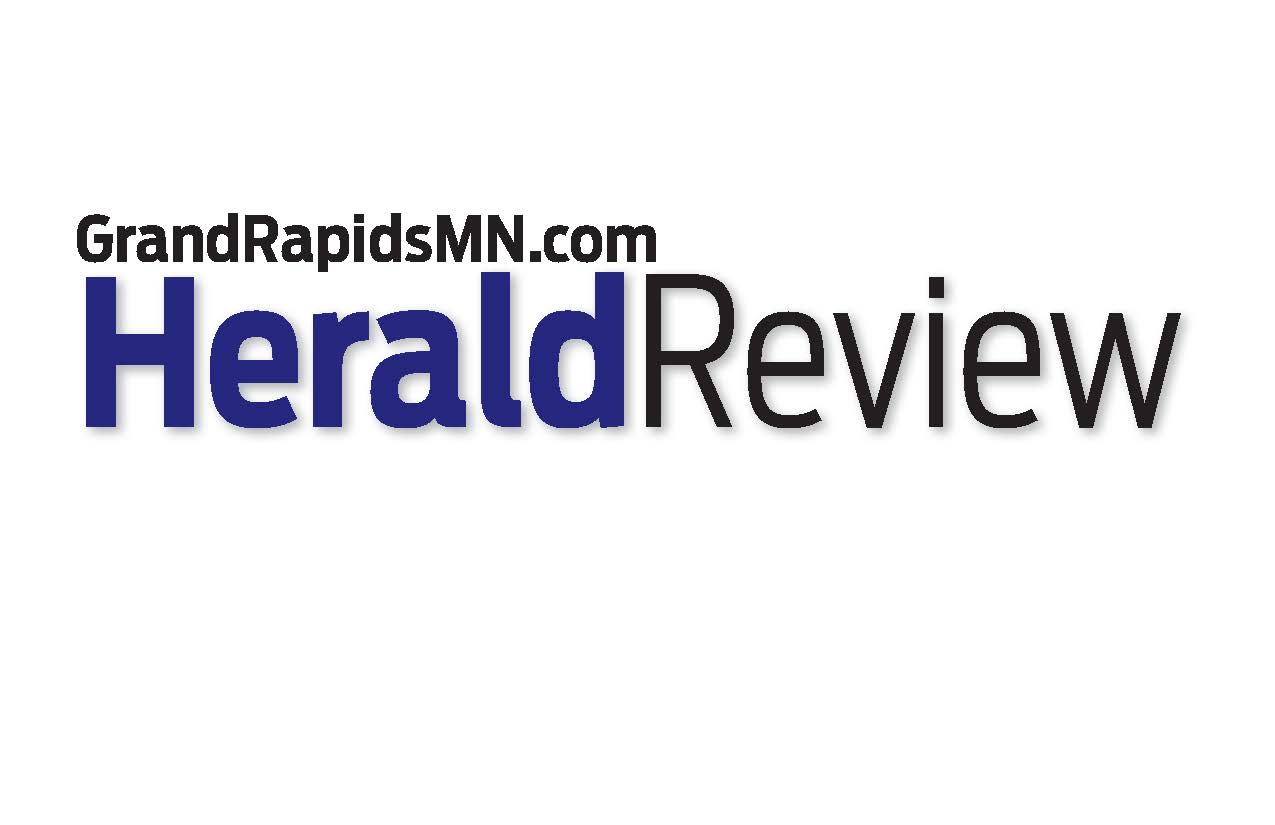
Protect Your Shoreline With An Itasca Waters Shoreland Advisor
Learn MorePractical Water Wisdom: A Virtual Learning Series
1st Thursdays at 12:00 - 1:00 p.m.
February through November 2024
Would you like to leave a legacy of clean water for future generations?
Have you ever wondered about the safety of your drinking water or the quality of the lakes you love to swim in, fish in, or boat on?
If either of those are true, then this series is for you!
February 1, 2024 - The Value of Wetlands and The Regulations That Can Protect Them
What are wetlands and what is different about those in northern Minnesota, why do we want and need them, and how can we use regulations to help prevent damage?
Presented by: Jennie Skancke, Wetlands Program Consultant, Division of Ecological and Water Resources, Minnesota Department of Natural Resources and
David Demmer, Wetland Specialist, Minnesota Board of Water and Soil Resources
March 7, 2024 - Living With Zebra Mussels In Your Lake - A Cautionary Tale
Join a discussion with four lakeshore owners who have been living with zebra mussels in Minnesota. If your lake is infected or threatened, what changes can you expect and what actions might you need to take?
Presenters: Megan Weber, Kevin Zahler (Lake Minnewashta, Carver County), Phil Rollins (Bay Lake, NW shoreline of Mille Lacs Lake) and Phil Thompson (Sand Lake) ![]()
April 4, 2024 - Loon Restoration in Minnesota
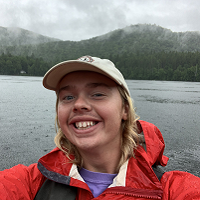
Presented by: Jayden Jech is a Loon Specialist with the Minnesota Department of Natural Resources (MN DNR) Nongame Wildlife Program. Jayden works to promote the conservation and restoration of loons in Minnesota by conducting surveys, developing management plans, supporting stewardship through public outreach as part of the Minnesota Loon Restoration Project. Jayden continues to be amazed by loons’ charismatic calls, unique life history, and ability to inspire and unite people in his role. Like Minnesota loons, Jayden migrated to Florida to pursue his bachelor’s in biology and environmental Studies at Eckerd College.
Topic Summary: Join us as we dive into learning more about the restoration and conservation of Minnesota’s state bird, the common loon. Together we will explore loon biology, threats facing loons, and ways you can support the conservation of the species. We will share information about the Minnesota Loon Restoration Project and opportunities to participate in ongoing community science efforts with the Minnesota Department of Natural Resources, Nongame Wildlife Program.
For questions about this video, please contact: MLRP.DNR@state.mn.us
Some useful links mentioned in the video:
Minnesota Loon Restoration Project
May 2, 2024 - How the State Determines Fish Management Strategies, Including Stocking
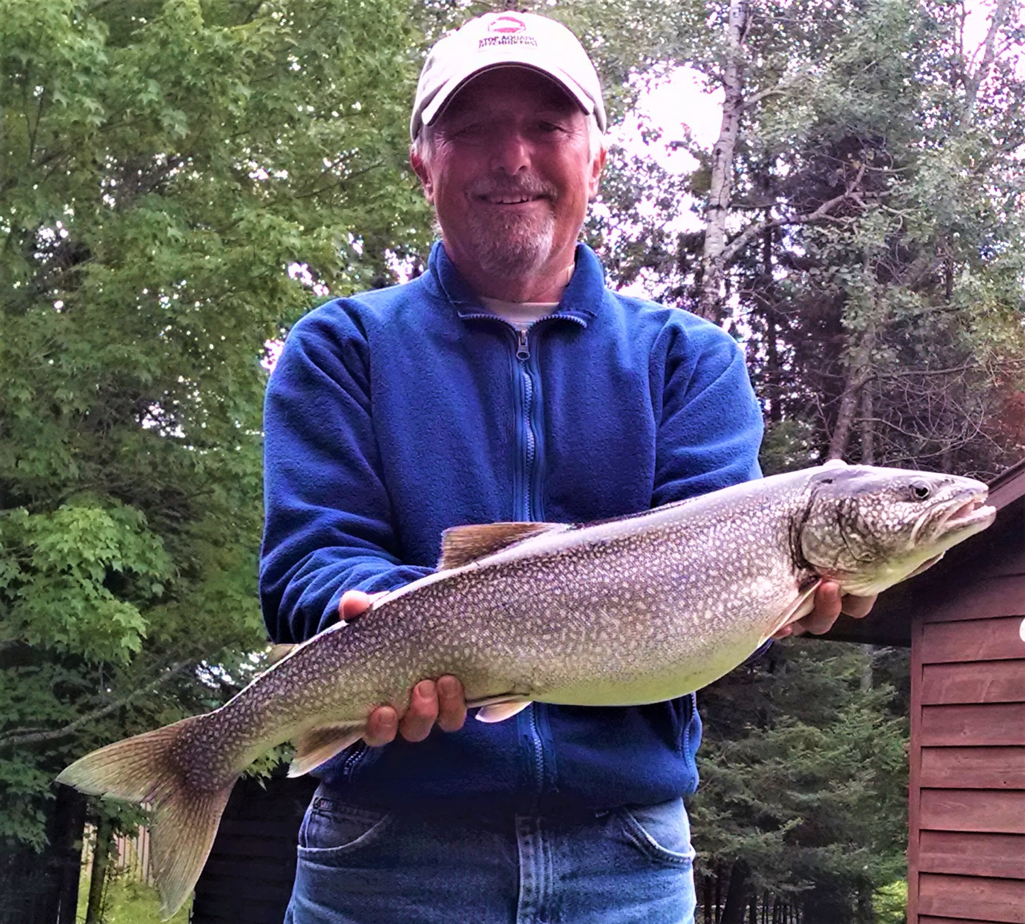 Presented by: Don Schreiner is a fisheries biologist with approximately 35 years of experience managing fisheries with the Minnesota Department of Natural Resources (MNDNR). He spent the first 10 years working on inland lakes, and the last 25 years managing Minnesota’s portion of Lake Superior. After retiring from the MNDNR, Don volunteered and then became employed part-time as a fisheries specialist with Minnesota Sea Grant (MNSG). His role at MNSG focuses on transferring technical fisheries information to interested public in a concise and easily understood manner.
Presented by: Don Schreiner is a fisheries biologist with approximately 35 years of experience managing fisheries with the Minnesota Department of Natural Resources (MNDNR). He spent the first 10 years working on inland lakes, and the last 25 years managing Minnesota’s portion of Lake Superior. After retiring from the MNDNR, Don volunteered and then became employed part-time as a fisheries specialist with Minnesota Sea Grant (MNSG). His role at MNSG focuses on transferring technical fisheries information to interested public in a concise and easily understood manner.
Topic Summary: Almost every angler and property owner has an opinion on how the fisheries in their lake of interest should be managed. In many cases those opinions are extremely variable. Don’s presentation will describe how fish populations in Minnesota lakes are managed. The Minnesota Department of Natural Resources uses a science based approach to make management decisions based on the status of the present fish community, fish population structure and abundance, historical trends, lake habitat type and public input. Information will be provided that discusses the various aspects of fish stocking programs, why stocking may be desirable and why it may not. The need for long term management and protection of lake habitats and water quality will be discussed as it is the key to healthy fish populations.
Links referred to in this presentation: ![]()
Input on MNDNR Lake Management Plans
Further questions about the information presented here, contact: Don Schreiner, Fisheries Specialist, Minnesota Sea Grant, University of Minnesota Duluth vis email: schr0941@d.umn.edu
June 6, 2024 - Manoomin (Wild Rice): The Food That Grows on Water
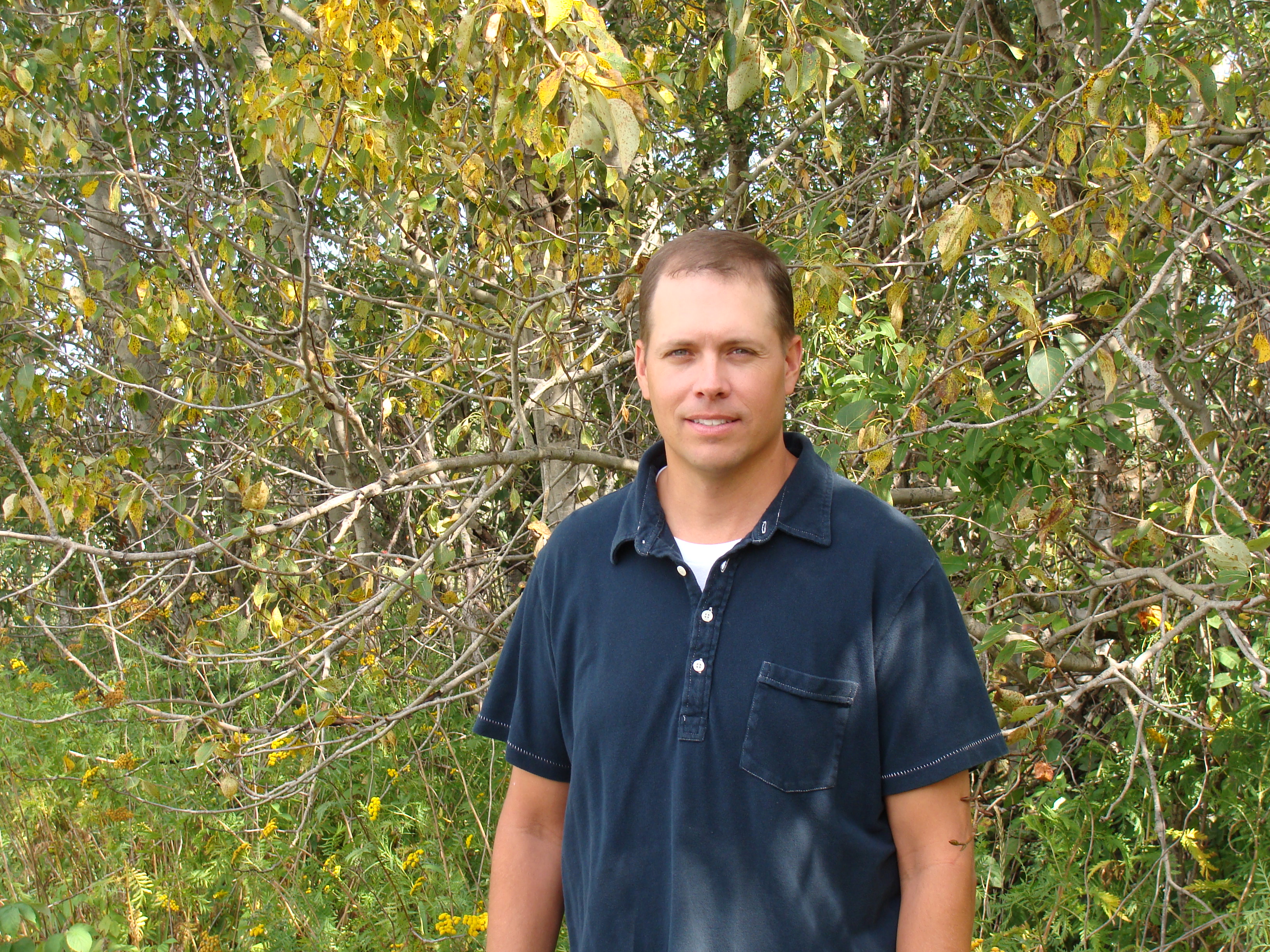 Presentors: Darren Vogt is the resource management division director at the 1854 Treaty Authority. The 1854 Treaty Authority is an inter-tribal resource management agency governed by the Bois Forte Band of Chippewa and Grand Portage Band of Lake Superior Chippewa. The organization is charged to preserve, protect, and enhance treaty rights and related resources in the 1854 Ceded Territory.
Presentors: Darren Vogt is the resource management division director at the 1854 Treaty Authority. The 1854 Treaty Authority is an inter-tribal resource management agency governed by the Bois Forte Band of Chippewa and Grand Portage Band of Lake Superior Chippewa. The organization is charged to preserve, protect, and enhance treaty rights and related resources in the 1854 Ceded Territory.
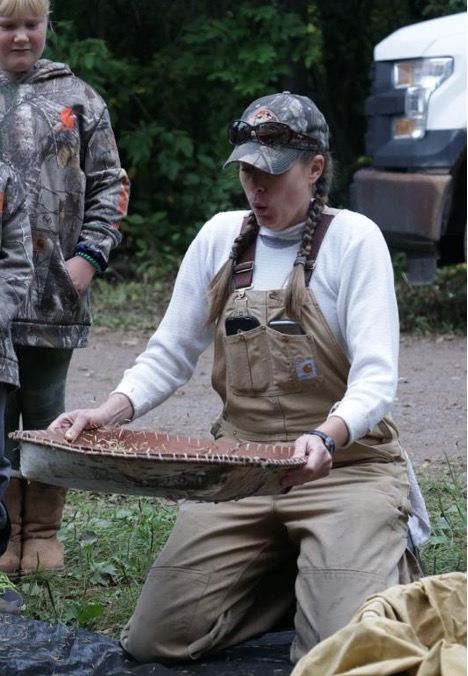 Marne Kaeske is the Cultural Preservation Specialist for the 1854 Treaty Authority, and has a decade of experience in coordinating outreach programs regarding natural resource rights and biodiversity. With a passion in usufructuary treaty rights history and policy, she is fortunate to have had the opportunity to build 1854’s Education and Outreach Division from its inception.
Marne Kaeske is the Cultural Preservation Specialist for the 1854 Treaty Authority, and has a decade of experience in coordinating outreach programs regarding natural resource rights and biodiversity. With a passion in usufructuary treaty rights history and policy, she is fortunate to have had the opportunity to build 1854’s Education and Outreach Division from its inception.
Topic Description: Wild rice is a valuable food source and culturally significant resource that tribal communities and many other partners work to protect. The cultural importance, biology, conservation, and harvest of wild rice will be discussed. Additional information will be shared on education and outreach efforts that further work to preserve this resource for future generations. ![]()
July 11, 2024 Mining and Water Quality and How the Two Can Live Well Together in Northern Minnesota
Presented by: Patrick K. Schoff, PhD, Acting Director of Research, Innovation Manager, Natural Resources Research Institute (NRRI), University of Minnesota Duluth. Dr. Patrick Schoff is a Wisconsin native and attended the University of Wisconsin – Stevens Point, where he graduated with a BS degree in Biology in 1976. He received a PhD in Zoology and Physiology from the University of Wyoming in 1981, and spent the next dozen years or so at the University of Wisconsin as a postdoctoral fellow at the Institute for Enzymology and as a research faculty member in the Department of Meat and Animal Science, where he performed studies on developmental reproductive physiology. In 1995, he joined the Natural Resources Research Institute at UMD and worked on methods of targeting reproduction in invasive species. Dr. Schoff’s current research includes studies on the effects of chemicals and other stressors on the early developmental stages of fish and amphibians, endocrine disruption, and recently, sustainable development.
Topic Description: This webinar delves into the intricate relationship between mining activities and water quality management in the context of Northern Minnesota. With its rich mineral deposits and abundant freshwater resources, the region faces the dual challenge of economic development through mining while safeguarding its pristine water bodies. The webinar explores innovative approaches and best practices aimed at achieving a balance between mining operations and water quality preservation. Drawing from case studies and expert insights, the discussion navigates the complexities of regulatory frameworks, technological advancements, and community engagement strategies. By fostering dialogue and collaboration among stakeholders, the webinar advocates for a holistic approach to ensure the sustainable coexistence of mining activities and water quality protection in Northern Minnesota.![]()
August 1, 2024 - Success Stories on Preventing and Remediating the Spread of AIS in Minnesota Lakes
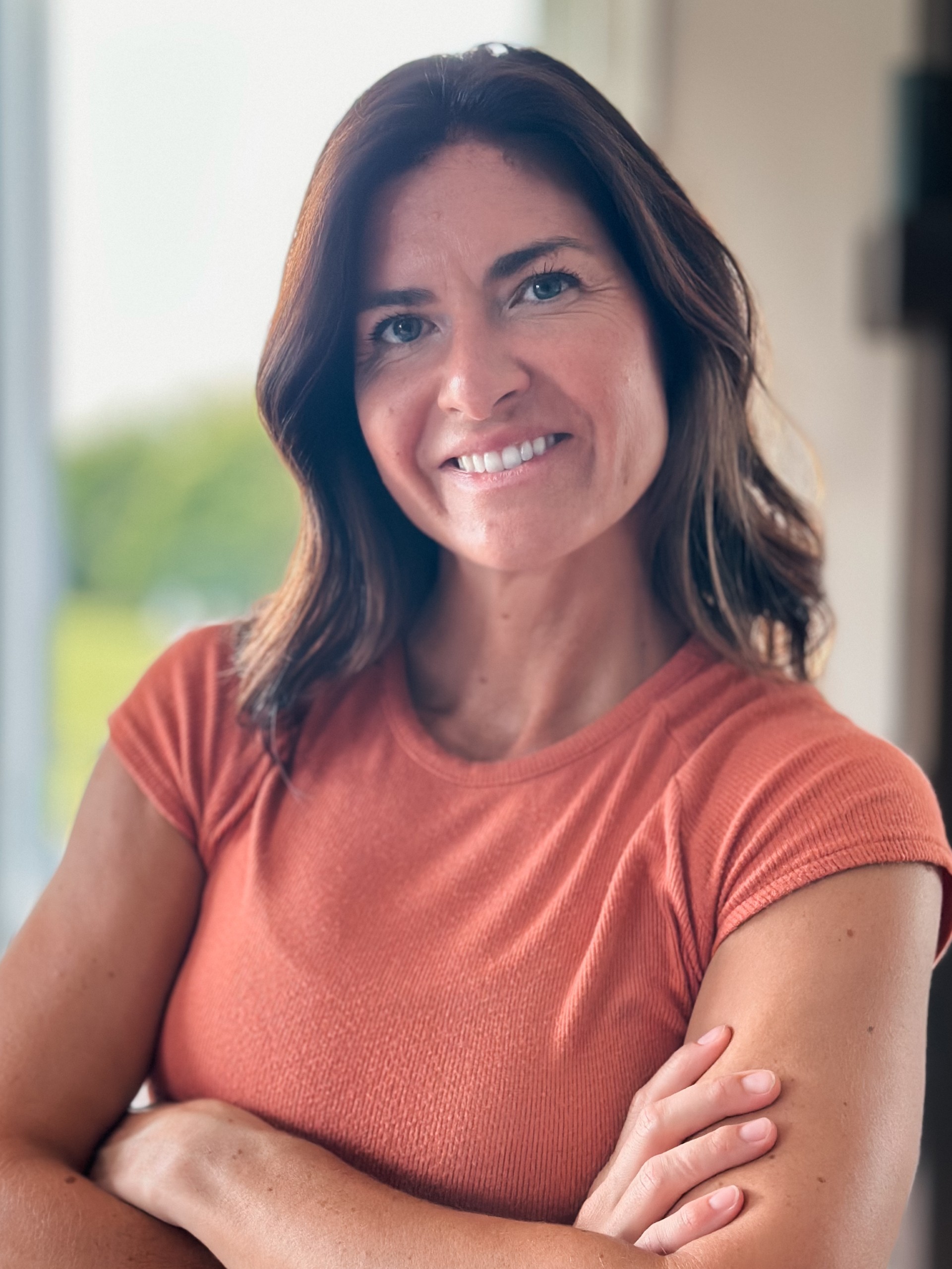 Presented by: Madeline Hayden is the Research Outreach Specialist at the Minnesota Aquatic Invasive Species Research Center (MAISRC), playing a crucial role in connecting research projects with stakeholders and providing vital support for outreach and research translation initiatives. With over 12 years of experience in freshwater mussels and river ecology, Maddie previously led the freshwater mussel propagation program with the Minnesota Department of Natural Resources. There, she established an aquaculture facility to rear federally endangered mussel species in Lake City, Minnesota, driven by her deep passion for preserving the health and biodiversity of Minnesota's lakes and rivers.
Presented by: Madeline Hayden is the Research Outreach Specialist at the Minnesota Aquatic Invasive Species Research Center (MAISRC), playing a crucial role in connecting research projects with stakeholders and providing vital support for outreach and research translation initiatives. With over 12 years of experience in freshwater mussels and river ecology, Maddie previously led the freshwater mussel propagation program with the Minnesota Department of Natural Resources. There, she established an aquaculture facility to rear federally endangered mussel species in Lake City, Minnesota, driven by her deep passion for preserving the health and biodiversity of Minnesota's lakes and rivers.
Topic Description: Invasive species often evoke a feeling of inevitability in their spread or present an insurmountable problem to tackle. However, in Minnesota, this story could be rewritten. Through early detection and rapid response, we are making strides in preventing the establishment of invasive species. Join us to explore success stories from across Minnesota, harness our collective momentum to inspire action, and collaboratively address our AIS challenges. ![]()
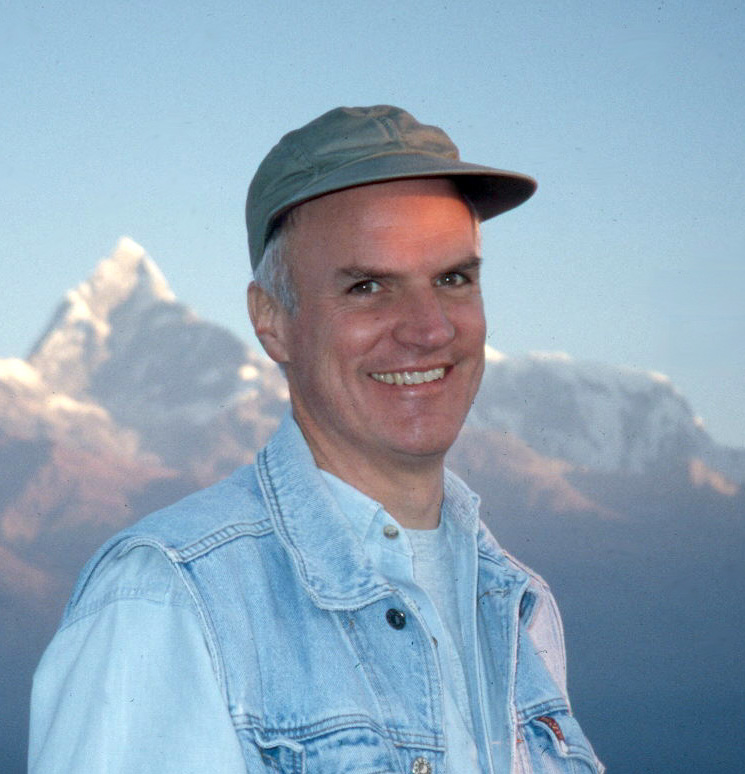 September 5, 2024 - Changing Water Quality in Itasca County Lakes
September 5, 2024 - Changing Water Quality in Itasca County Lakes
Presented by: Jack Jones, an internationally recognized and award-winning limnologist and ecologist who has worked on the major questions of eutrophication and nutrient pollution for over four decades. He was among the first to discover the phosphorus-chlorophyll relationship in lakes which is now the backbone of lake management worldwide. In addition to working on and monitoring lakes across the Midwestern US, Jack has been instrumental in assisting communities in Nepal and elsewhere around the world in sustaining fisheries in lakes. He is a Curator's Professor Emeritus at the University of Missouri, Columbia, and is an adjunct professor of extension at Minnesota Sea Grant at UMD. He was the founding Editor-in-Chief of the scientific journal, Inland Waters. He is a summer resident of Deer Lake, a long-term member of the Deer Lake Association, and assisted Itasca Waters with the Itasca County lake monitoring program.
Topic Description: Our region and state are well-known for iconic, high-quality waters. Some people have reported seeing decreases in water quality and unwelcome changes in algae and plants in lakes. This presentation explores these concerns and the data that help us understand how lakes might be changing. An exploration of the factors that might lead to changes in our lakes is also discussed. ![]()
October 3, 2024 - PFAS in Water: How did they get there and why are they so challenging to address?
 Presented by: Dr. Bridget Ulrich grew up on the Iron Range in Virginia, MN. Prior to joining NRRI she worked as a postdoctoral researcher at the Swiss Federal Institute for Aquatic Science and Technology (Eawag) in Zurich, Switzerland. She is currently a Principal Research Scientist and leads a research team focused on Environmental Chemistry at University of MN Duluth. Her team specializes in the application of advanced analytical techniques to track contaminants in the environment, as well as the development of water treatment solutions to prevent pollution at the source.
Presented by: Dr. Bridget Ulrich grew up on the Iron Range in Virginia, MN. Prior to joining NRRI she worked as a postdoctoral researcher at the Swiss Federal Institute for Aquatic Science and Technology (Eawag) in Zurich, Switzerland. She is currently a Principal Research Scientist and leads a research team focused on Environmental Chemistry at University of MN Duluth. Her team specializes in the application of advanced analytical techniques to track contaminants in the environment, as well as the development of water treatment solutions to prevent pollution at the source.
Topic Description: PFAS, often referred to as "forever chemicals," are unlike any other harmful environmental contaminants that we have faced before. Once they enter the environment they don't fully degrade and they spread quickly through water and air. This has allowed them to contaminate pristine waters in remote regions, including the middle of Lake Superior. And to add to the challenge, PFAS are more than just PFOS and PFOA - there are thousands of PFAS, including "precursors" that can transform into PFOS or PFOA once they enter the environment. This presentation will highlight recent work evaluating PFAS in Lake Superior, challenges and emerging solutions for PFAS monitoring and treatment, and a perspective on what people and agencies can do to help address the problem. ![]()
November 7, 2024 - Low and No-Salt Water Softening and Conditioning
 Presented by: Alycia Overboe, received her PhD in Water Resources Science from University of Minnesota, where she researched sources of chloride pollution to Minnesota waters and environmental impacts of water softening. She holds an M.S. in public health from the University of North Carolina at Chapel Hill and a B.A. in biology from St. Olaf College. Alycia currently supervises the Communications and Strategic Initiatives Unit within the Drinking Water Protection program at Minnesota Department of Health.
Presented by: Alycia Overboe, received her PhD in Water Resources Science from University of Minnesota, where she researched sources of chloride pollution to Minnesota waters and environmental impacts of water softening. She holds an M.S. in public health from the University of North Carolina at Chapel Hill and a B.A. in biology from St. Olaf College. Alycia currently supervises the Communications and Strategic Initiatives Unit within the Drinking Water Protection program at Minnesota Department of Health.
Topic Description: Salt pollution is an increasing concern in Minnesota, as salt use for water softening, deicing roads, and other applications can lead to increasing chloride levels in our lakes, streams, and rivers. Elevated chloride levels can be harmful to aquatic ecosystems and species like dragonflies and freshwater mussels. Research in Minnesota has identified water softening as a major source of chloride, as much of the state has very hard water and home water softening is common. There is high interest in low- and no-salt treatment alternatives to reduce chloride pollution, but there is limited research and guidance for consumers. This presentation will give an overview of alternatives to home water softening as well as some of the costs and benefits of these technologies.![]()
Practical Water Wisdom Series Planning Committee
Cary Bates, Turtle Lake
Gail Blackmer, Deer Lake
Kathy Cone, Itasca Waters Director
John Downing, Itasca Waters Director
Bill Grantges, Itasca Waters Director
Bill & Deb Hagenbuck, Siseebakwet Lake
Stephanie Kessler, Itasca Waters Advisory Board and ICOLA President
Rose Lawler, Hubbard County near Nevis
Jan Sandberg, Pokegama Lake/Committee Chair
Wesley Sisson, Itasca Waters Director
Christina VanDeventer, Deer River
Glen Bergstrand, small lake north of Duluth
Brian Whittemore, Big Bass Lake, Cass County
Bethann Perendy, Itasca Waters Coordinator
Past Video Presentations can be found at the links below:
2022 Water Wisdom Series
2023 Water Wisdom Series
This series is presented by Itasca Waters with the support from Minnesota Sea Grant, Itasca Soil and Water Conservation District, Itasca Coalition of Lake Associations, KAXE/KBXE, Rapids Radio and Grand Rapids Herald Review.
![]()
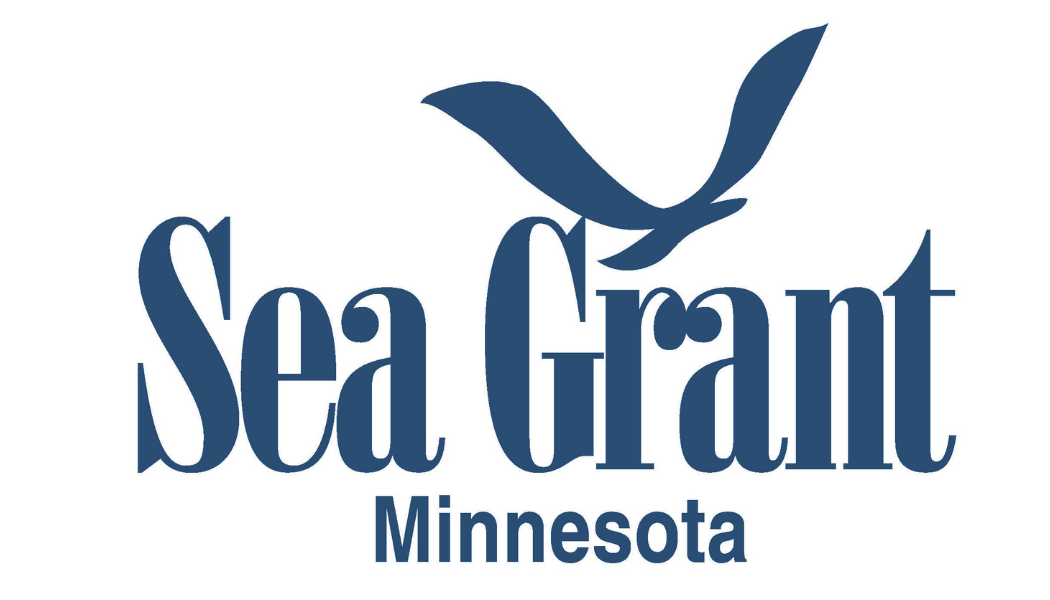
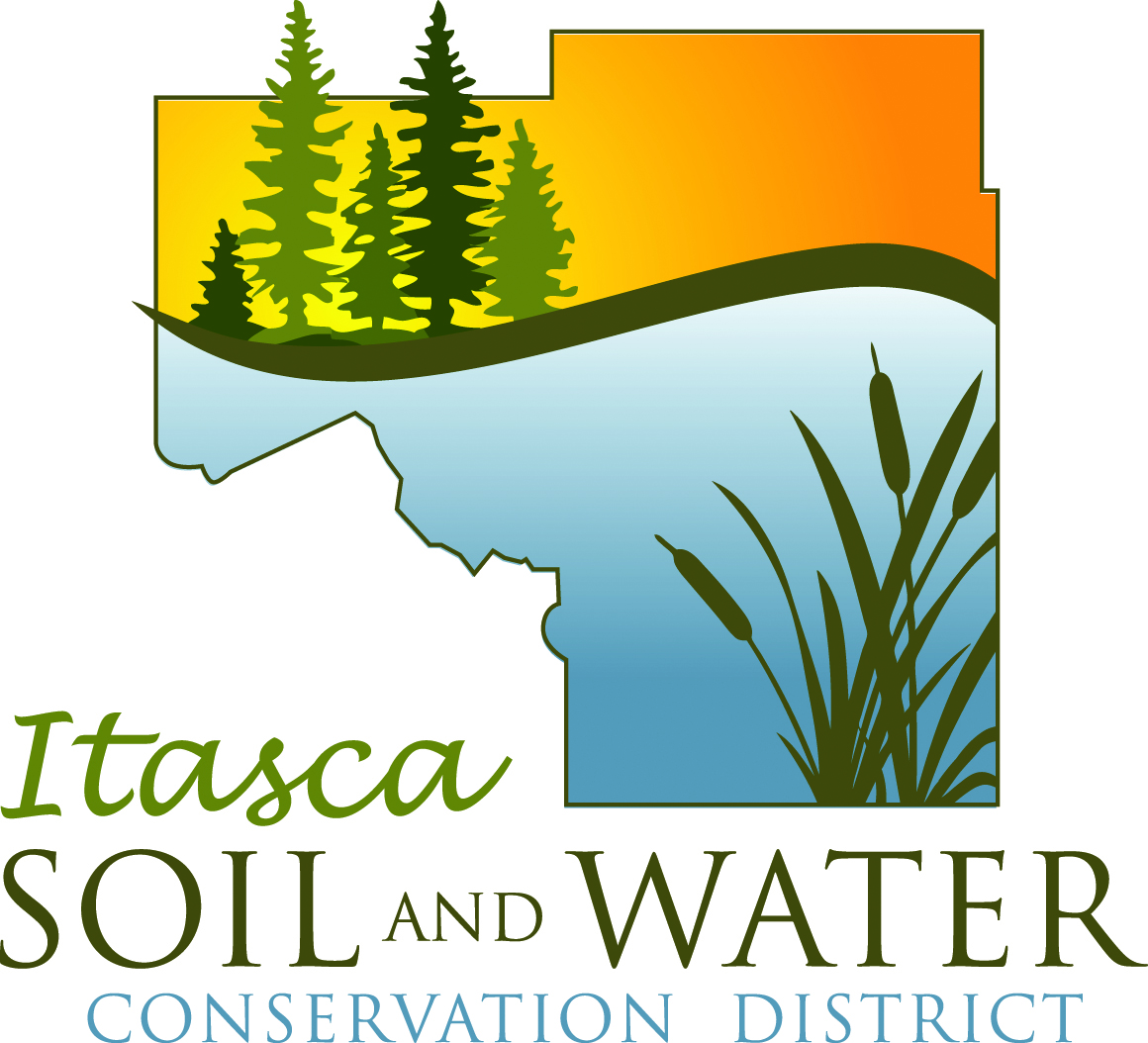
%20(Custom)%20(1).png)
